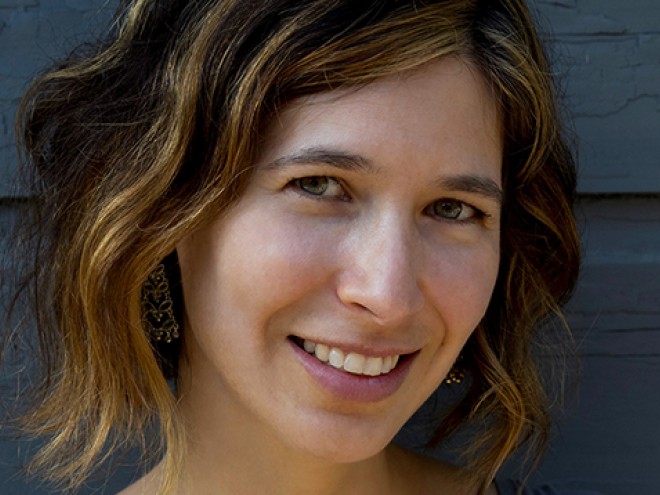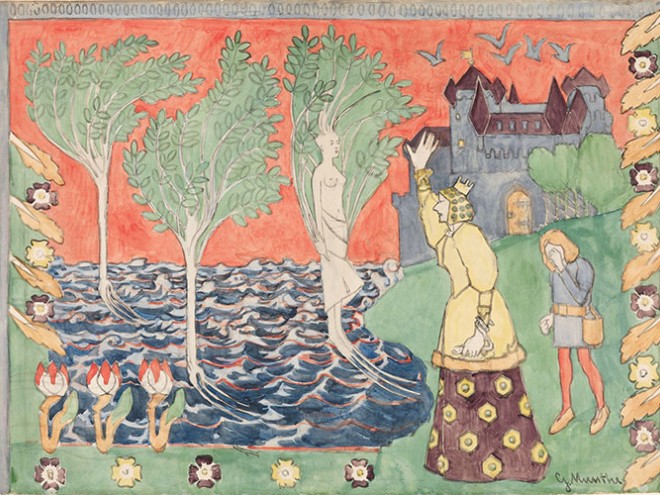A little learning is a dangerous thing. Or so wrote the eighteenth-century poet Alexander Pope. But in her latest novel, Those Who Knew, Idra Novey argues that the real danger lies in failing to act upon the learning and knowledge — however limited — that one possesses.
Novey’s story is part crime thriller, part political commentary, part character study. The time is vague — “the start of the new millennium” — and the setting shifts between two equally vague, although recognizable, locations: an “island nation,” representative of a Cuba-like state; and “the north,” a thinly veiled United States. In leaving these places unnamed, Novey suggests that despite their particularity, the relationship between them is structural, archetypal even. Specifically, she demonstrates that, left unchecked, their respective economies and systems of government (communism and capitalism, dictatorship and democracy) will ultimately expose their own hypocrisies and come into conflict. Crackdowns, resistance, revolution, and disillusion will follow, and the pattern will repeat itself.
But what Novey is most interested in are the people caught up in these intertwining systems. How they behave, given what they know.
Among the several points of view that Novey successfully juggles are those of three individuals — a college professor, a bookstore owner, and a playwright — who are certain, or have good reason to suspect, the identity of a murderer. Each is tormented by the knowledge, but for various reasons — fear, ambition, love — never contacts the authorities. Each has fought against injustice at large, but shrinks from that fight when it hits too close to home. They speak to themselves, sometimes to each other. They ruminate, or they write, employing screenplays and journals as confessionals. But mostly they protect their knowledge, denying it the public airing it needs in order to make a difference.
There are two notable exceptions in the book — secondary characters who act, or at least appear to have acted, for the common good. The first is Sara, a dead woman we only encounter through another character’s journal entries. The second is her niece, also named Sara. Both are Jewish, described as “brazen … fierce and kind.” And though they seem to be somewhat peripheral figures, they are actually central to the narrative, as they appear to be the only ones willing to sacrifice, to put truth over self-interest. Given the archetypal component of the story, one has to assume that Novey’s decision to associate this quality with Jewish people is intentional. Perhaps because Jews, whom she also portrays as subjects of persecution, have learned the hard way the consequences of silence and inaction.
Whatever her view on this matter, however, the story is original, layered, and provocative, though not without its flaws. Case in point is the heavy reliance on journal entries, scripts, and news accounts to tell the tale. Stylistically, the method is interesting and initially serves the plot. As the book progresses, however, it occasionally becomes tedious, interrupting the narrative flow. The conclusion also seems a bit rushed and contrived. Overall, however, Those Who Knew is a powerful read, especially for those of us who wonder what to do with difficult truths we know.
Ona Russell is the author of three award-winning historical mysteries. Her latest stand-alone novel, Son of Nothingness, was published by Sunstone Press in 2020.






